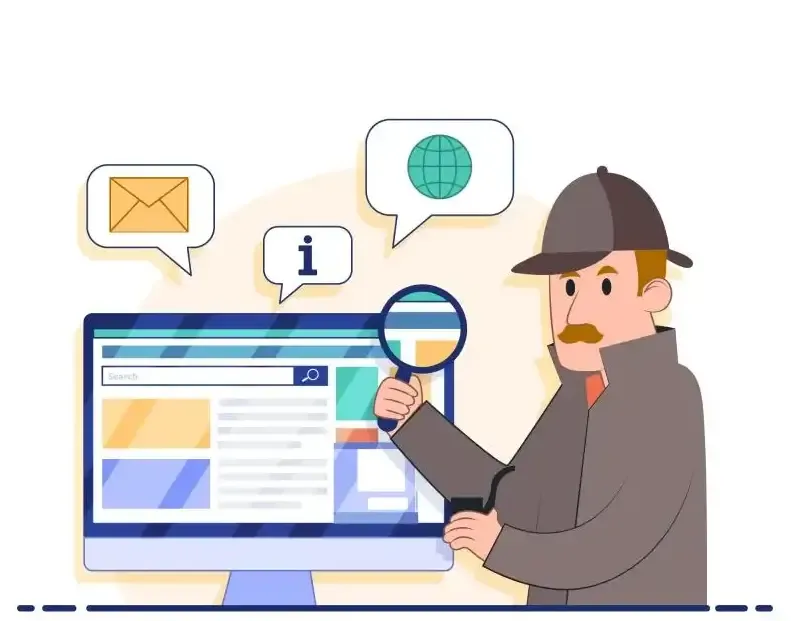With the continuous spread of the internet, our daily lives have become increasingly dependent on online activities. Whether shopping, socializing, or working, we leave behind a large number of “footprints” on the web. Although the internet is very convenient, the accompanying privacy and security issues have become urgent problems that users want to solve.
To protect personal privacy and online security, anonymous browsing has increasingly become a focus for users. In this article, the MostLogin team will explore what anonymous browsing is, why it is needed, and how it can help enhance online safety.

一、What Is Anonymous Browsing?
Anonymous browsing refers to the practice where users hide their real identity, location, and related information while accessing the internet, preventing third-party advertisers from tracking, monitoring, and collecting personal data. The purpose of anonymous browsing is to ensure that users’ online activities are not tracked and to protect their privacy.
二、How Does Anonymous Browsing Work?
Anonymous browsing mainly hides user information and anonymizes identity and location through the following methods:
- Blocking Cookies and Trackers
When users browse websites or search online, cookies are stored. Anonymous browsing limits or blocks third-party cookies to prevent long-term tracking of users. Spoofing Browser Fingerprints
Browser fingerprints identify users by collecting device type, screen resolution, fonts, plugins, and other information. Professional anonymous browsing tools disguise these parameters to make users difficult to uniquely identify.Hiding IP Addresses
An IP address is a unique identifier for an internet device and reveals a user’s approximate geographic location. Anonymous browsing hides the real IP by using proxy servers, VPNs, and other methods, replacing it with an anonymous IP.
三、Why Do You Need Anonymous Browsing?
During everyday internet use, users’ privacy faces multiple risks:
ISP Monitoring
Internet Service Providers (ISPs) can monitor users’ browsing history and, in some countries, are required to keep logs.Data Tracking and Targeted Advertising
Many websites collect users’ private data through cookies, browser fingerprints, and third-party tracking technologies to deliver targeted ads, which can lead to privacy breaches.Public Wi-Fi Risks
In public wireless networks, hackers can more easily steal user data, including passwords, chat records, and other sensitive information.
四、Common Use Cases for Anonymous Browsing
Protecting Personal Privacy
Browse sensitive information without risking personal data leaks.Bypassing Geo-Restrictions
Access websites or content blocked by region, such as video streaming services.Preventing Network Surveillance and Censorship
Safely browse the internet in countries with heavy censorship.Secure Use of Public Wi-Fi
Prevent hackers from stealing data over public networks.
五、Conclusion
As internet technology continues to evolve, protecting privacy and preventing personal information leaks have become increasingly important when browsing online. Anonymous browsing happens to be one of the most essential tools for safeguarding online privacy today.
Choosing the right anonymous browser not only helps avoid data tracking and surveillance but also allows you to freely access global internet resources without worrying about privacy and security.
🚀 Best Anti-Detection Browser-MostLogin
MostLogin helps users tackle multi-account management, environment isolation, and account risk control.
For any questions, please refer to Official help documentation


